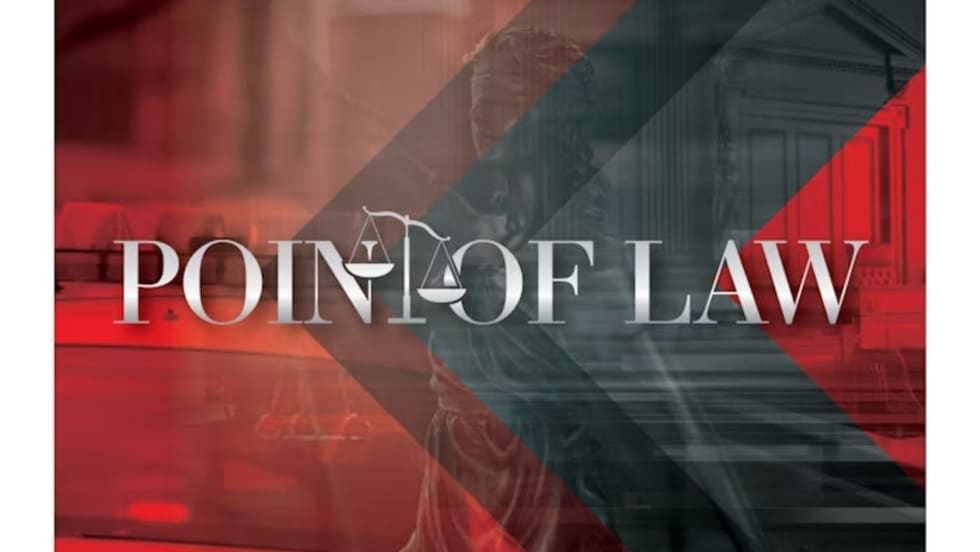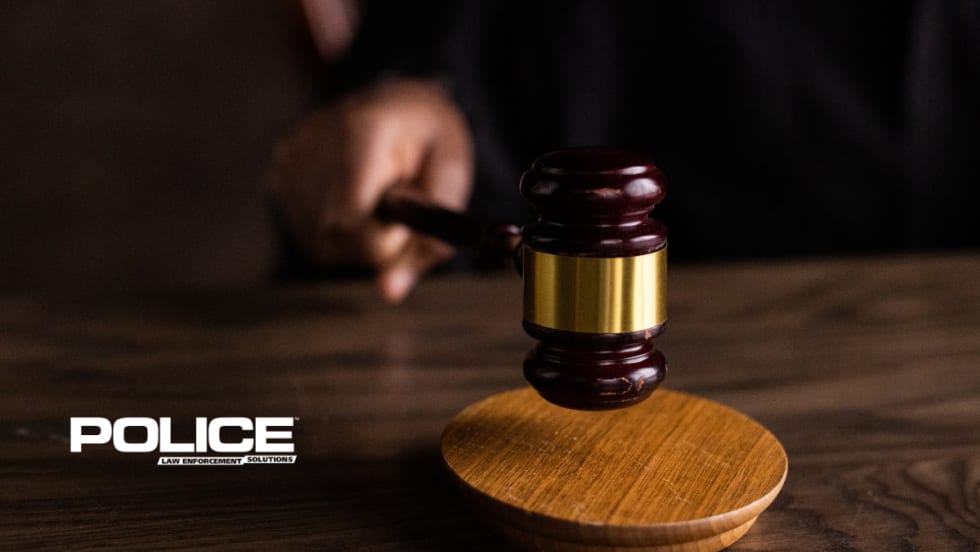Your ability to use cameras to monitor suspects in publicly visible areas without a warrant was recently upheld in the First Circuit.
If you are using pole cameras to monitor suspects without a warrant in the First Circuit—Maine, Massachusetts, New Hampshire, Puerto Rico, and Rhode Island—you need to be aware of a recent ruling. Even if you are not in the First Circuit and not covered this ruling, you need to be aware of it, as it involves some key legal issues.
In United States v. Moore-Bush the First Circuit’s argument rests on the storied legal principle of stare decisis. This principle has an important application under our rule of law: “keep the scales of justice even and steady and not liable to waver with every new judge’s opinion”. In many respects, these legal opinions form our “rules of engagement” and provide constitutional guidance with respect to our ability to arrest or search. Imagine if these guidelines could be changed at the whim of any newly appointed judge… life would be exponentially more difficult than it already is.
For years the law in the First Circuit has been clearly established that investigators may employ pole cameras in most cases without the need to apply for a warrant. In this case the defendants, with the help of the ACLU, argued to the trial court that the 2018 SCOTUS case, Carpenter v United States, no longer allowed the use of pole cameras absent a warrant. The district court agreed. The U.S. Attorney’s office appealed, which will show us just how important the principle of stare decisis is.
The Case
ATF agents initiated an investigation involving illegal gun and narcotics sales out of a single-family home in Springfield, MA. The home was owned by Daphne Moore, an assistant court magistrate in Hampden County. Moore’s daughter and husband also lived there “off-and-on.” All three are defendants in the case.
After a CI purchased four guns from the residence, the agents installed a pole camera that provided constant recorded surveillance of the front and side of the unfenced house and the driveway. The camera remained active for eight months and did not record any activities inside of the house. At times during the investigation, the agents would control the camera to zoom in on faces of people approaching the property or license plates on vehicles arriving at the home. Any video captured by the camera would have been visible to any person walking down the street. The agents also conducted physical surveillance on multiple occasions.
Based in part on information obtained through the pole camera, agents obtained warrants to authorize the following actions:
* Obtain location information through cell phone data;
* Search the private contents of a defendant’s Facebook page;
* Wiretap several phones; and
* Place GPS monitors on several cars
In 2018 indictments were brought against Moore, her daughter, and her daughter’s husband, as well as six additional defendants. Prior to trial Moore moved to suppress the pole camera evidence arguing that the eight-month recording constituted a search under the Carpenter decision. The district court agreed, finding that the ability to zoom in on license plates, the eight-month continuous recording, and the “creation of a digitally searchable log” constituted a search. The court then suppressed all evidence taken directly by the camera.
The government then filed an appeal.
First Circuit Findings
Recognizing the important principle of stare decisis, the First Circuit looked at the doctrine as it applied to prior decisions from the Supreme Court, as well as prior First Circuit court decisions.
Turning first to prior First Circuit decisions, the court noted that in United States v. Bucci it had ruled that the eight-month use of a pole camera was not a search because the defendant, Bucci, did not have a reasonable expectation of privacy in the front of his home. The facts of Bucci and the present case were nearly identical; the continuous surveillance ran for eight months, both cameras were directed at the front of the house, and neither property was enclosed by fences, gates, or shrubbery. Moreover, both cases rest on a long-held principle that “what a suspect knowingly exposes to public view is not subject to Fourth Amendment protection.”
The court then turned to the defendant’s argument that the SCOTUS decision in Carpenter changed the landscape with respect to the use of pole cameras. The First Circuit disagreed, finding that the Supreme Court expressly described “security cameras as a type of longstanding technique routinely deployed by government and private actors alike. Thus, pole cameras are security cameras in a way that is relevant for this analysis." More importantly, the Carpenter decision unambiguously limited its decision to cell site location Information (CSLI).
Agreeing with the government that the current law on the use of pole cameras “has not had significant real-world consequences” and recognizing the importance of relying on a stable body of legal precedent, the court over-turned the trial court’s decision and sent the case back to the trial court.
Takeaways
One quick note for Massachusetts officers: Your state adheres to a stricter reading of constitutional protections by the Massachusetts Supreme Judicial Court and this issue is no exception. On August 6, 2020, the SJC issued a decision in Commonwealth v. Mora, deciding that when officers use a pole camera targeted at a particular home for a period longer than two months the officers must seek a warrant prior to installing the pole camera. In this case the SJC determined that a sustained surveillance targeting a suspect’s home for an extended period is a search under the Massachusetts Constitution and, therefore, officers must state their probable cause and seek a warrant prior to utilizing the camera.
Under the current state of affairs across the country I thought there was a rather unique argument made by the defendants and picked up by the trial court in its decision to suppress the evidence. The court agreed with the defendants that their decision to move to a quiet residential neighborhood underscored their privacy interests. The trial court ruled that “persons who live in quiet suburban neighborhoods have greater privacy interests than persons who live in other neighborhoods.” Fortunately, the First Circuit didn’t agree.
So, we leave this case today with a couple of takeaways: first, the ability to use pole cameras to gain evidence in a continuing investigation remains intact. Second, I think this case underscores the importance of a stable legal playing field to guide us as we practice constitutional policing principles.
Eric Daigle is founder of Daigle Law Group, LLC, a firm that specializes in law enforcement operations. A former Connecticut State Police officer, Daigle focuses on civil rights actions, including police misconduct litigation. He is a legal advisor for police agencies across the country and a member of the POLICE Advisory Board.www.daiglelawgroup.com






